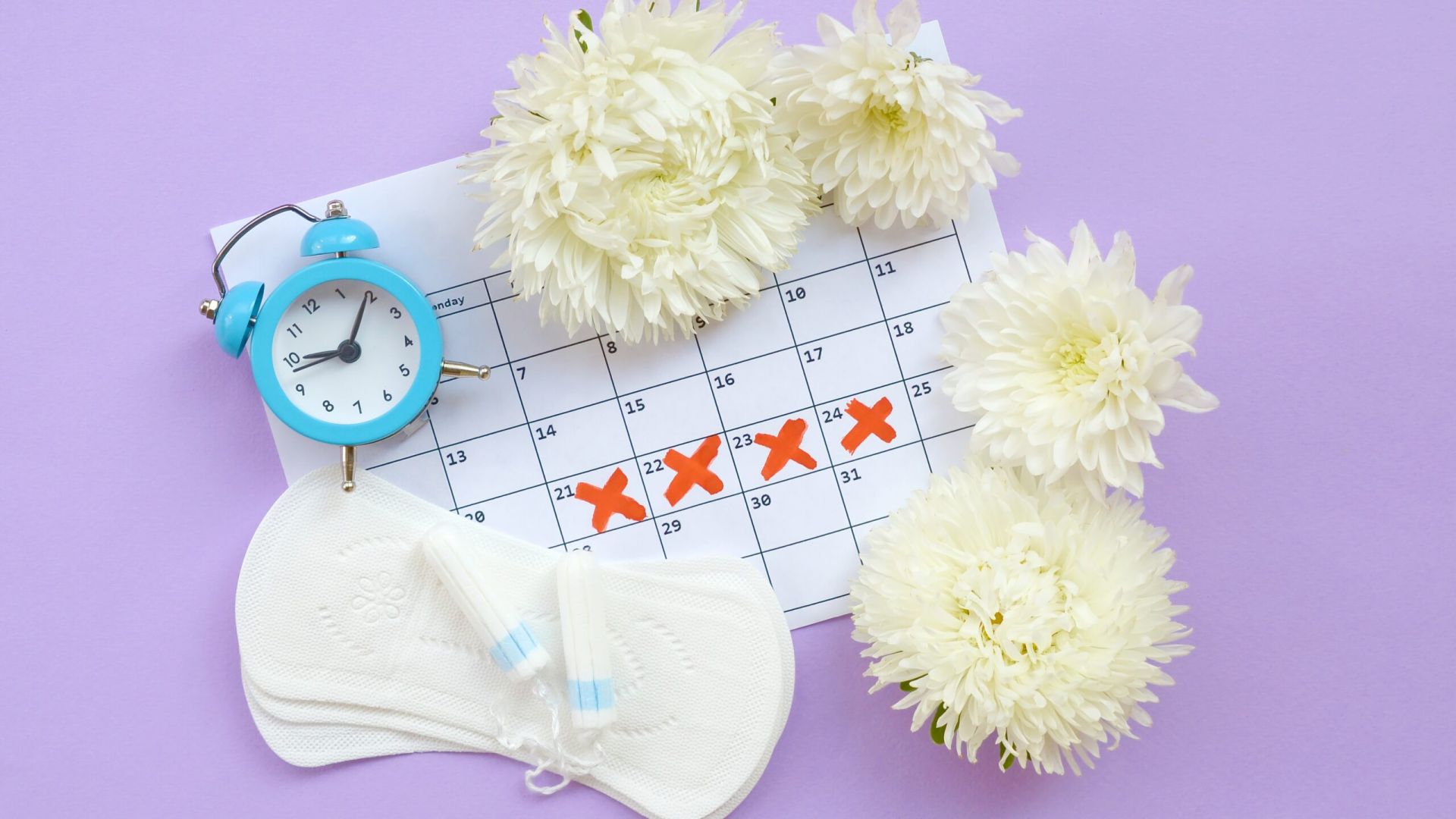Concerns about a probable link between the coronavirus disease 2019 (COVID-19) vaccine and women’s menstrual duration have fueled social media debate, as many women have reported their period alterations after receiving the vaccine.
A study published in Obstetrics & Gynecology, a US government-funded study, showed on Wednesday, January 5 that there is a slight delay in women’s period for those who are vaccinated with COVID-19 compared to those who were unvaccinated.
The study was conducted on nearly 4,000 U.S. women from October 2020 to September 2021, with initial COVID-19 vaccine doses and tracked using a birth control app, Natural Cycles.
The survey serves about 1,500 unvaccinated women and some 2,400 vaccinated participants -the majority with Pfizer (55%), Moderna (35%) and Johnson & Johnson (7%).
Following their vaccinations, participants found that their period started roughly a day or two later than usual. However, the number of days of menstrual bleeding did not alter following the vaccination.
For unvaccinated participants, data were collected separately for six consecutive cycles and resulted in a nonsignificant change in their cycle length.
The findings are “reassuring” as well as validating for those who saw changes, according to lead author Alison Edelman of Oregon Health & Science University, who told AFP the impacts are tiny and likely to be temporary.
The minor lengthening of the menstrual period isn’t clinically significant. The International Federation of Gynecology and Obstetrics considers any change lasting less than eight days to be normal.
Period cycles span roughly 28 days on average, but the exact length varies from one woman to the next and over the course of a person’s lifetime. The study stated that it can also vary when a person is under a lot of stress.
Other potential alterations in menstrual cycles, such as menstrual symptoms, unscheduled bleeding, and changes in the quality and quantity of menstrual blood, are still being questioned.
Source: https://journals.lww.com/greenjournal/Fulltext/9900/Association_Between_Menstrual_Cycle_Length_and.357.aspx









